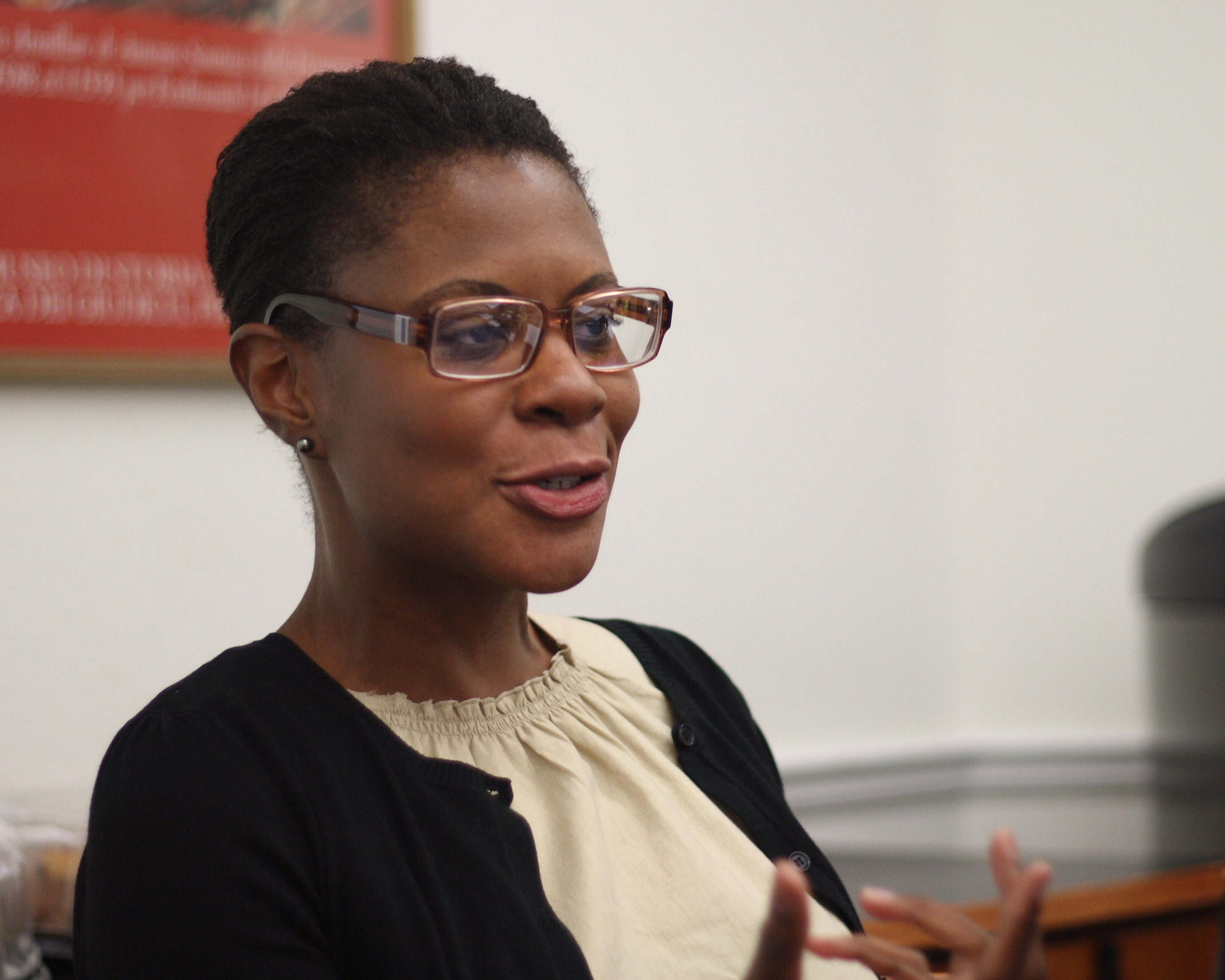Q&A with Alondra Nelson
By Misha Angrist,
Genome Magazine
| 03. 30. 2017
Why did you choose to examine African-Americans’ approach to genetic ancestry in The Social Life of DNA?
Given the Tuskegee syphilis experiment, given the history of eugenics, one of the curiosities for me was why in the world would African-Americans put their saliva in an envelope and expect that they’re going to get anything meaningful for their lives or their history [from a genetic ancestry] test? That became the puzzle of the book.
What did you learn?
That there were all sorts of complicated answers. The African-American genealogists I spoke with were not only suspicious, they were also curious — they were science geeks. I thought if they knew better, then they would do better. But what they said was, “Look, we know this history [of Tuskegee and eugenics] and we’re going into this with that history in mind, and we’ll take that into account as we negotiate and think about the results we get back.”
What does it mean for DNA to have a “social life?”
Initially, I thought I was talking about racial identity and ethnic identity. And...
Related Articles
By Arthur Lazarus, MedPage Today | 01.23.2026
A growing body of contemporary research and reporting exposes how old ideas can find new life when repurposed within modern systems of medicine, technology, and public policy. Over the last decade, several trends have converged:
- The rise of polygenic scoring...
By Stephanie Pappas, LiveScience | 01.15.2026
Genetic variants believed to cause blindness in nearly everyone who carries them actually lead to vision loss less than 30% of the time, new research finds.
The study challenges the concept of Mendelian diseases, or diseases and disorders attributed to...
By David Cox, Wired | 01.05.2026
As he addressed an audience of virologists from China, Australia, and Singapore at October’s Pandemic Research Alliance Symposium, Wei Zhao introduced an eye-catching idea.
The gene-editing technology Crispr is best known for delivering groundbreaking new therapies for rare diseases, tweaking...
By Josie Ensor, The Times | 12.09.2025
A fertility start-up that promises to screen embryos to give would-be parents their “best baby” has come under fire for a “misuse of science”.
Nucleus Genomics describes its mission as “IVF for genetic optimisation”, offering advanced embryo testing that allows...




